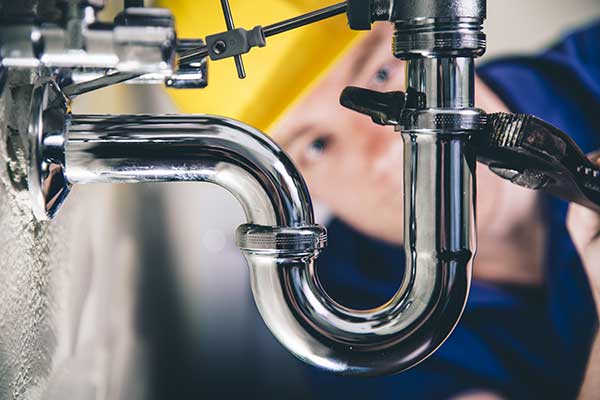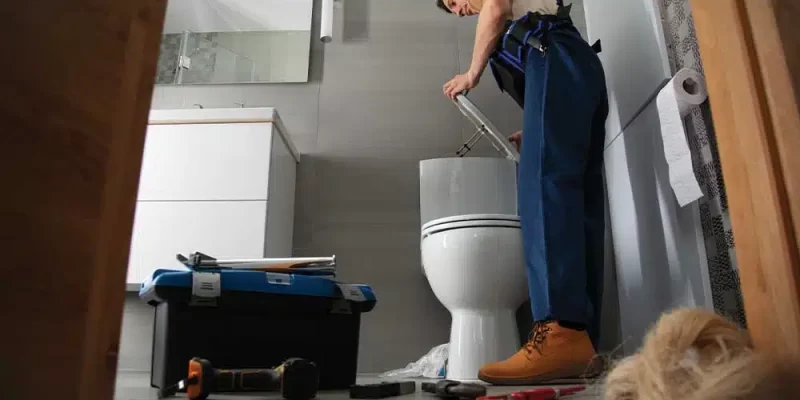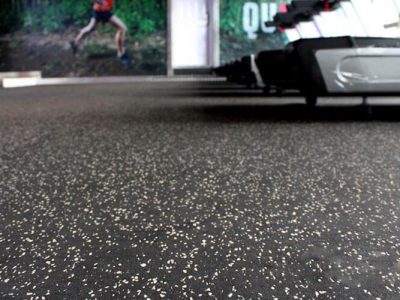When your sewer line acts up, deciding between DIY fixes and calling in the pros can be a tough call. You might think a plunger or drain snake will do the trick, especially for minor clogs. But what happens when those gurgling sounds or noxious odors persist? It’s tempting to save money by handling things yourself, yet the risks of overlooking deeper issues could be costly. How do you know when it’s time to let the experts step in? Understanding the signs and weighing your options is key, but there’s more to this decision than meets the eye.
Understanding Sewer Line Issues
When it comes to understanding sewer line issues, it’s important to recognize the common signs and potential causes of these problems. You might notice slow drains, gurgling sounds from your toilet, or even unpleasant odors wafting up from sinks or drains.
These can all indicate a bigger issue lurking in your sewer lines. Ignoring these signs could lead to more severe problems, like sewage backups or structural damage to your home.
It’s also vital to understand the potential causes of sewer line issues. Tree roots are a common culprit, as they can infiltrate and damage pipes over time.
Older pipes, too, are prone to corrosion or shifting, causing cracks or breaks. Grease buildup is another frequent issue, often resulting from pouring fats and oils down the drain.
Over time, these substances solidify and create blockages.
Common DIY Sewer Line Fixes
Recognizing the signs of sewer line issues is the first step, but knowing some common DIY fixes can help you address minor problems before they escalate. One of the most straightforward solutions is clearing minor clogs with a plunger. A plunger can often dislodge small obstructions in your toilet or sink, restoring normal flow. Guarantee a tight seal and apply steady pressure for best results.
If plunging doesn’t work, consider using a drain snake or auger. These tools can reach deeper into pipes to break up more stubborn clogs. Insert the snake into the drain and rotate it to catch debris. Gently pull it back out to remove any blockages.
For slow-draining sinks, a mixture of baking soda and vinegar can work wonders. Pour half a cup of baking soda followed by half a cup of vinegar down the drain, then cover it. The fizzing action helps clear minor blockages and can even tackle unpleasant odors.
Lastly, inspect and clean your sewer vent pipes. Blocked vents can cause drainage problems by preventing air from flowing through the sewer line. Remove debris from the vent opening on your roof to guarantee proper ventilation.
Signs You Need Professional Help
Sometimes, DIY fixes just won’t cut it, and it’s essential to know when professional help is needed for sewer line repairs. If you notice persistent issues despite your best efforts, it’s time to call an expert. One major sign is frequent clogs or backups, which indicate a larger problem in the main sewer line.
If your drains are slow or you hear gurgling noises, these are red flags that shouldn’t be ignored.
Another sign is the unpleasant smell of sewage in or around your home. This could mean there’s a leak or break in the sewer line, which needs immediate attention from a professional.
Additionally, if you spot any sewage pooling in your yard, it’s a sign that your sewer line is compromised and requires expert intervention.
Cracks in the foundation or walls might also be linked to a damaged sewer line. If you notice new or worsening cracks, it’s worth having a professional evaluate the situation.
Finally, if tree roots have invaded your sewer line, it’s best to let the experts handle it, as they’ve the necessary skills to prevent further damage.
Tools and Equipment Requirements
To tackle sewer line repairs effectively, you’ll need the right tools and equipment. First, a plumbing snake or auger is essential for clearing clogs deep within the sewer line. Make certain it’s long enough for your specific needs.
A pipe wrench is another must-have, helping you tighten or loosen stubborn fittings without damaging them.
Next, a sewer inspection camera can be incredibly useful. It allows you to visually inspect the inside of your pipes, helping you pinpoint the problem before you start any repairs. This tool can save a lot of guesswork and unnecessary digging.
For more serious blockages, a hydro jetting machine might be necessary to blast away debris with high-pressure water.
Don’t forget safety gear: gloves, goggles, and a mask to protect yourself from harmful substances.
A sturdy shovel is important if you need to excavate any part of the sewer line.
Finally, verify you have basic plumbing supplies like PVC pipes and connectors, just in case you need to replace damaged sections.
Risks of DIY Sewer Repairs
Without a doubt, tackling sewer line repairs yourself can save you money, but it also carries significant risks.
First, there’s the possibility of misdiagnosis. Without the right expertise, you mightn’t identify the root cause of the problem correctly, leading to further complications. Imagine spending hours fixing what you think is the issue, only to realize it’s something entirely different. It’s not just frustrating; it can end up costing you more.
Then there’s the risk of injury. Sewer line repairs often involve heavy tools and exposure to hazardous materials. You mightn’t have the proper protective gear or knowledge to handle these safely, putting your health at risk.
Plus, the confined spaces and awkward positions required can lead to physical strain and accidents.
Another risk is causing additional damage to your property. Sewer lines are often buried deep and intertwined with other utilities. A wrong move could disrupt other essential services like water, gas, or electricity. You could inadvertently escalate a minor issue into a major disaster.
Ultimately, improper repairs mightn’t meet local codes, leading to fines or the need for costly professional rectifications later. Proceed with caution.

Benefits of Hiring Experts
When it comes to sewer line repairs, hiring professionals offers peace of mind and several practical advantages.
To begin with, experts bring the right tools and expertise to handle complex issues that you mightn’t be equipped for. Sewer systems can be intricate, and without proper knowledge, a small mistake could lead to bigger issues. Professionals have the training to identify and fix problems accurately.
Moreover, professionals can save you time and stress. Instead of spending hours diagnosing and attempting repairs yourself, which can be both frustrating and time-consuming, experts can efficiently assess and address the problem. They know what to look for and how to resolve it swiftly, allowing you to focus on other important tasks.
Safety is another critical advantage. Sewer line repairs can pose health risks due to exposure to hazardous waste and gases. Professionals are trained to manage these risks with the appropriate safety equipment and procedures, guaranteeing the job is done safely.
Lastly, hiring experts guarantees compliance with local regulations. Sewer repairs often require permits and adherence to specific codes. Professionals are familiar with these requirements, preventing potential legal issues down the line.
Cost Comparison: DIY vs. Professional
While hiring professionals for sewer line repairs offers numerous advantages, it’s important to evaluate these against the costs involved. DIY repairs may initially seem more budget-friendly, but there are several factors to assess before deciding.
When you handle the repairs yourself, you save on labor costs, which is often the most significant part of the bill. Plus, if you’re confident in your plumbing skills, you might feel empowered to tackle the job without outside help.
However, DIY isn’t always the cheaper route. Reflect on the tools and materials you’ll need to purchase or rent. Specialized equipment for sewer line repairs can be pricey, and you mightn’t use it again.
There’s also the risk of making mistakes, which could lead to more costly repairs or even sewage damage to your property.
On the other hand, professional services come with upfront costs, but they provide expertise, efficiency, and peace of mind. Experts have the skills and tools necessary to diagnose and fix the problem correctly the first time.
Plus, many offer warranties, ensuring that if issues arise, they’ll address them without additional charges. Weigh the short-term savings of DIY against the long-term benefits of professional assistance.











Comments